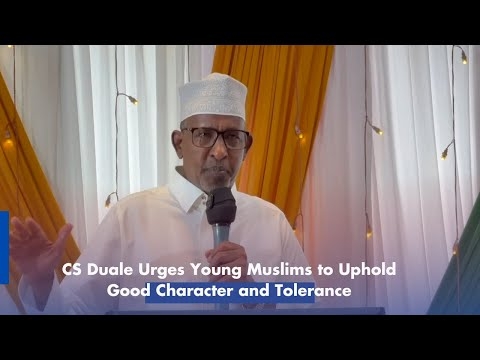

The Court of Appeal in Mombasa has upheld the death sentence imposed on Charles Mutuku Kalii, who was convicted of killing his two sons, aged eight and five, at Njukini Trading Centre in Taveta, Taita Taveta County, in 2017.
A three-judge bench comprising Justices Gatembu Kairu, Agnes Murgor, and Kibaya Imaana Laibuta dismissed Kalii’s appeal on October 24, 2025, finding that the evidence presented at trial was sufficient to sustain the conviction and sentence.
Kalii had been convicted by the High Court in Voi in July 2023 for the murder of his sons, Gabriel Mutuku and Evanton Paul, following what was described as a domestic dispute with his wife, Gladys Muthoni Makina.
The High Court had sentenced him to death.
According to court records, on the evening of August 22, 2017, Muthoni left their home after Kalii, who had reportedly been drinking, became violent. She took her four-month-old daughter and sought refuge at a neighbour’s house, leaving the two boys asleep.
The following morning, the bodies of the two children were discovered in the family’s one-bedroom house, lying on a blood-soaked mattress with deep cuts to their throats. A blood-stained kitchen knife was reportedly found nearby.
Scene-of-crime officer Chief Inspector David Kili testified that there were no signs of forced entry, suggesting the killings occurred inside the locked house.
Investigating officer Corporal Robert Kariuki told the court that Kalii fled the scene but later surrendered himself at a police post.
Government Chemist George Oguda testified that DNA tests linked the blood found on a knife, mattress, and a pair of jeans belonging to Kalii to one of the victims.
Pathologist Dr Charity Kimathi stated that both children died from deep cut-throat wounds caused by a sharp object.
In his defence, Kalii, through his lawyer, argued that he was too intoxicated to form the intent to kill. He claimed the trial court had relied on circumstantial evidence and failed to properly consider his alibi—that he had left for work that morning. He also challenged the DNA evidence, saying it had been obtained without consent.
However, the Director of Public Prosecutions argued that the prosecution had proved its case beyond a reasonable doubt, citing the nature of the injuries, the weapon used, and the absence of forced entry as indicators of malice aforethought.
The appellate judges dismissed Kalii’s defence, noting that he was the last person seen with the children, applying the legal principle known as the doctrine of last seen.
They found that the circumstantial and DNA evidence sufficiently placed him at the scene of the offence.
The court also rejected his intoxication defence, ruling that his claim of having taken “two bottles of beer” did not amount to incapacity or loss of control.
“The circumstances under which the children were found dead in their house, where they were left in the company of their father… logically point to him as responsible for their deaths,” the judges stated in their judgment.
They described the killings as brutal and cruel and upheld the death sentence imposed by the High Court.
The Court of Appeal dismissed the appeal in its entirety, affirming both the conviction and sentence against Charles Mutuku Kalii.











![[PHOTOS] Elgeyo Marakwet landslide victims arrive in Eldoret for care](/_next/image?url=https%3A%2F%2Fcdn.radioafrica.digital%2Fimage%2F2025%2F11%2F425460d9-7ff1-4975-8a1f-cd0aaefb7812.jpg&w=3840&q=100)

